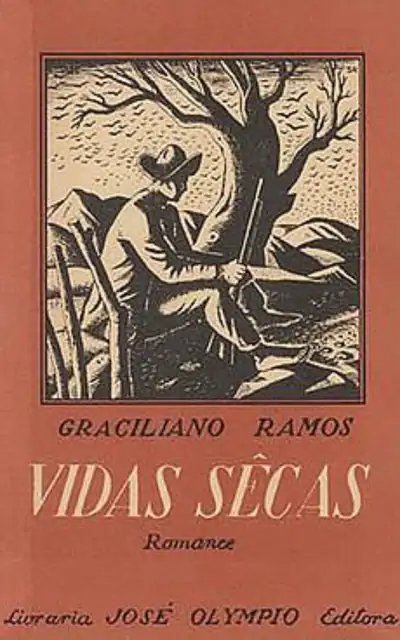Vidas Secas

Vidas Secas

| Author | Graciliano Ramos |
|---|---|
| Original title | Vidas Sêcas |
| Country | Brazil |
| Language | Portuguese |
Publication date | 1938 |
| Media type | Print (Hardback&Paperback) |
Vidas Secas (Pre-Reform spelling: Vidas Sêcas, literally "Dry Lives"; translated into English as Barren Lives) is a novel by twentieth-century Brazilian writer Graciliano Ramos, written in 1938. It tells the cyclical story of a family of five: Fabiano, the father; Sinhá Vitória, the mother; two sons (just called boys) and their dog called Baleia (whale in Portuguese) in the poverty stricken and arid Brazilian northeast. One of the distinguishing characteristics of the book is that it is written in said cyclical manner, making it possible to read the first chapter as a continuation of the last chapter, reflecting the cycle of poverty and desolation in the Sertão. Another distinguishing characteristic is that the dog Baleia is considered the most sensible and human character.
It is often considered amongst the most important works in Brazilian literature, with a "dry", concise style of writing.
| Author | Graciliano Ramos |
|---|---|
| Original title | Vidas Sêcas |
| Country | Brazil |
| Language | Portuguese |
Publication date | 1938 |
| Media type | Print (Hardback&Paperback) |
Film
Vidas Secas was adapted into a highly praised film by Nelson Pereira dos Santos, in 1963, [undefined] and would become a landmark for the Cinema Novo movement.